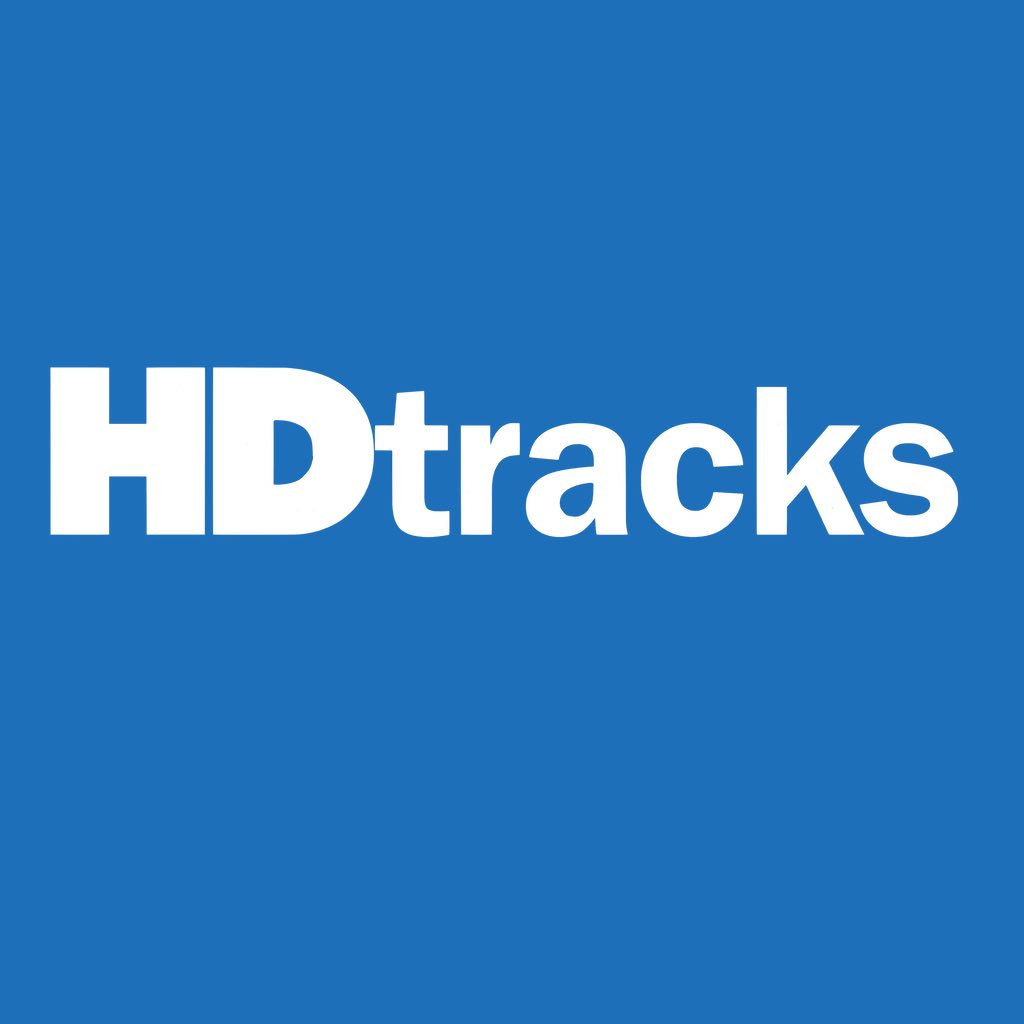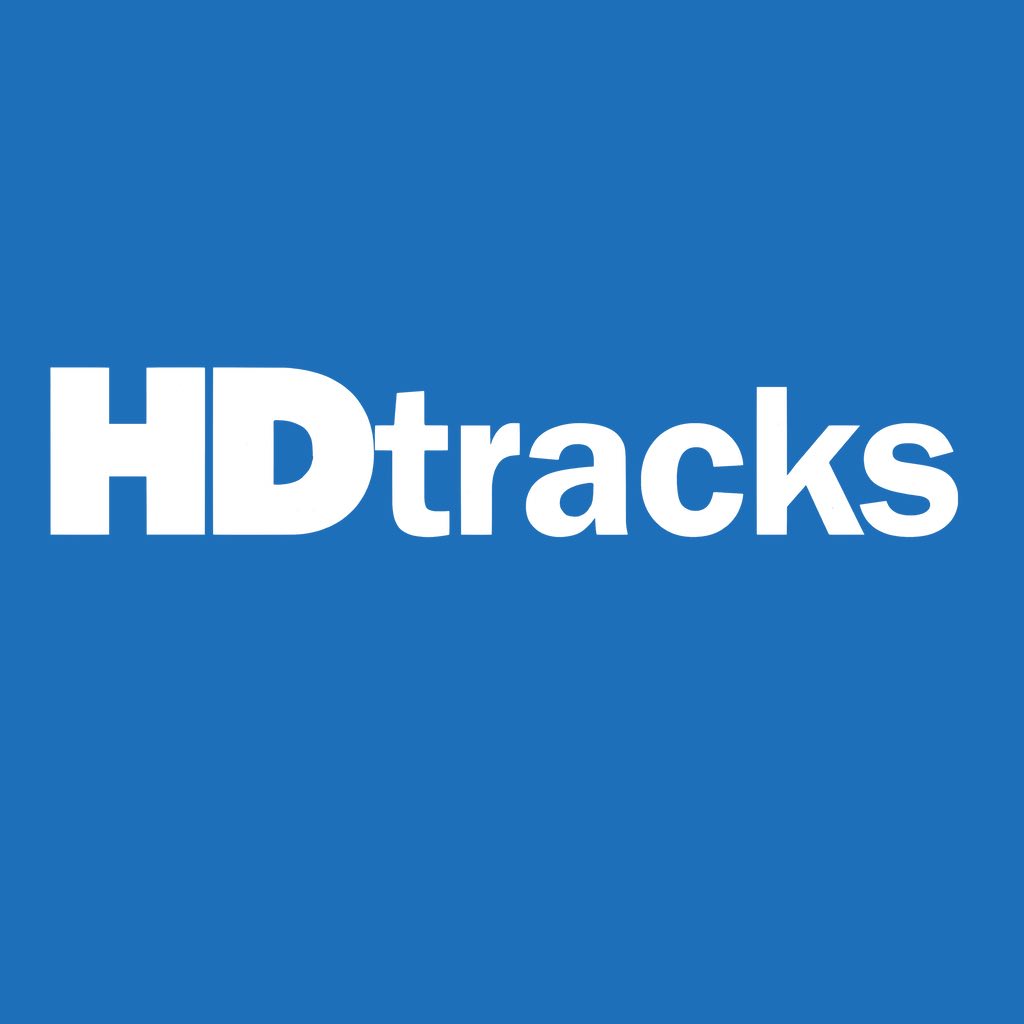- Aug 1, 2019
- 15,635
- 235
- 0
What exactly is DSD? How is it different from other music file fomats and how can you listen to it? We explain all.
What is DSD audio? How it works, where to download files, and more : Read more
What is DSD audio? How it works, where to download files, and more : Read more



